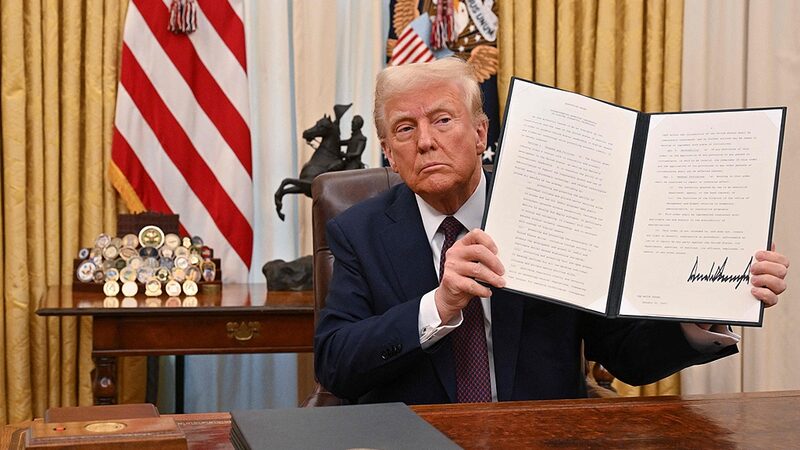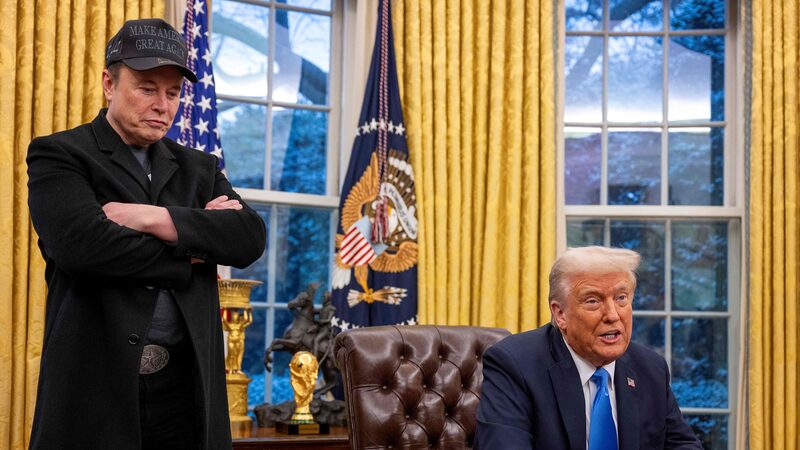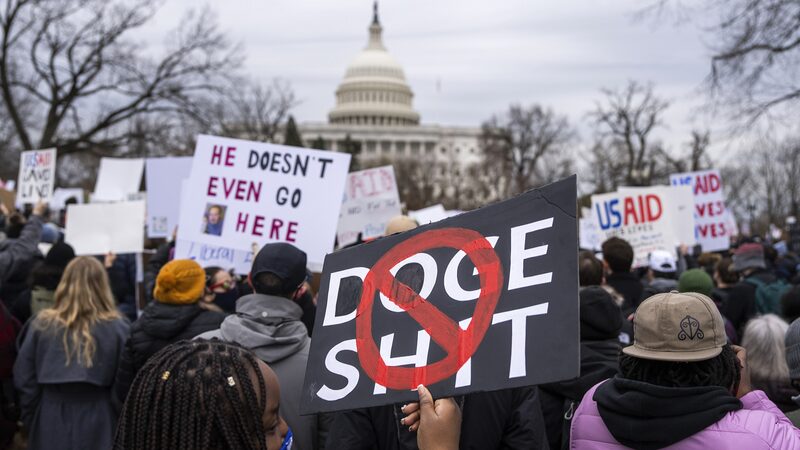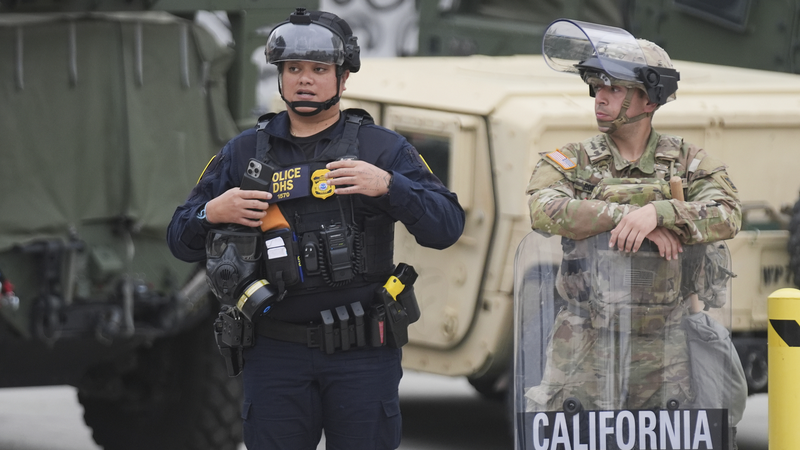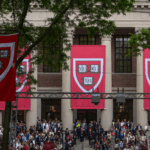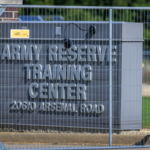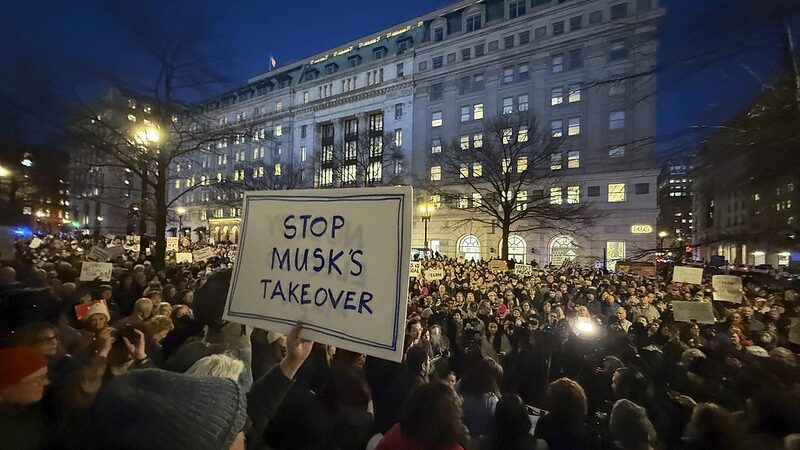Seattle, Washington – In a significant legal development, Senior U.S. District Judge John Coughenour on Thursday temporarily blocked President Donald Trump's executive order aimed at rescinding birthright citizenship. The judge's decision issues a nationwide temporary restraining order, halting the enforcement of the executive order for at least 14 days as legal challenges proceed.
\"I've been on the bench for over four decades, and I can't remember another case where the question presented is as clear as this one is. This is a blatantly unconstitutional order,\" Judge Coughenour stated from the bench. \"Frankly, I have difficulty understanding how a member of the Bar could state unequivocally that this is a constitutional order.\"
The executive order, issued earlier this week, sought to redefine the interpretation of the 14th Amendment of the U.S. Constitution, which grants citizenship to all persons born or naturalized in the United States. The administration argued that the amendment excludes children born to parents who are in the country illegally, as they are not \"subject to the jurisdiction\" of the United States.
Washington Attorney General Nick Brown filed a lawsuit against the Trump administration on Tuesday, labeling the order as an \"unconstitutional, un-American, and cruel attempt to redefine what it means to be an American.\" Washington's legal action was joined by Oregon, Illinois, and Arizona, with eighteen other states filing a similar lawsuit in Massachusetts. Immigrant rights groups have also initiated legal proceedings in New Hampshire.
The blocked executive order would have significant implications, potentially depriving approximately 150,000 babies nationwide annually — including around 4,000 in Washington state — of citizenship. The order stipulated that the government would not issue official documents, such as passports, to children if their parents are not citizens or permanent residents, or if the mother was in the country illegally or only temporarily.
In their defense, Justice Department lawyers contended that \"birth in the United States does not by itself entitle a person to citizenship,\" citing historical evidence to argue that children of non-resident aliens are not constitutionally entitled to birthright citizenship.
Judge Coughenour's ruling marks the first response in a series of legal challenges against the executive order. The temporary restraining order maintains the status quo, allowing individuals and families affected by the proposed changes to continue to access citizenship rights as prescribed by the 14th Amendment, pending further judicial review.
The outcome of this legal battle holds profound significance for immigrant communities across the United States, including those from Asia. Many families from Asian countries who have made the United States their home may be directly impacted by changes to birthright citizenship policies. As the cases progress through the courts, communities both in the U.S. and abroad are watching closely, recognizing the potential ramifications on the lives of countless individuals seeking the promise of American citizenship.
Reference(s):
cgtn.com
